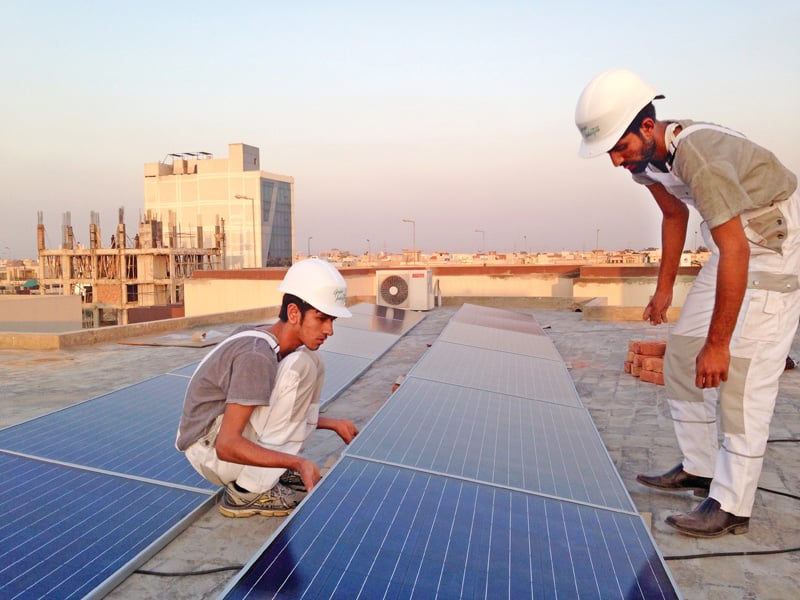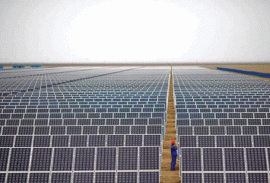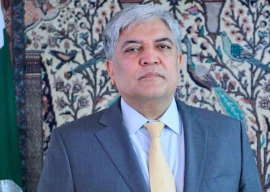
The Pakistani government has successfully transitioned 100 federal schools to solar power, marking a significant step towards sustainable energy in the education sector.
The Federal Directorate of Education (FDE) completed the solarisation project in collaboration with the National Radio and Telecommunication Corporation, Express News reported.
The initiative includes backup battery systems to ensure uninterrupted power supply.
Federal Secretary for Education Mohiuddin Wani called the achievement a reflection of the government’s commitment to efficiency, sustainability, and innovation.
He said the installation of solar panels would not only reduce carbon emissions but also provide schools with a reliable and eco-friendly energy source.
Mohiuddin Wani added that while this year’s project covered 100 schools, plans are in place to transition the remaining federal educational institutions to solar power in the next financial year.
Last week, Punjab Chief Minister Maryam Nawaz made several important decisions aimed at transforming the agriculture, solar energy, and industrial sectors in Punjab.
By February 28, 2,000 more superseders will be provided to farmers at discounted rates, in addition to the 10,000 tractors already allocated.
In line with her plan to expand the free solar energy initiative, the chief minister decided to expedite and expand the program, with a focus on providing free solar power to citizens across Punjab. A major decision was also made to transition government buildings to solar energy and complete renewable energy projects by June.
To promote solar energy further, an additional fund of 6 billion rupees will be allocated. Additionally, the process of establishing a fund to generate electricity from waste will be completed by March. A review of the solar energy transition program for various government institutions, including the Punjab Assembly and the Institute of Cardiology, will also take place.
The Chief Minister also set a deadline to complete the 'Garments Cities' project in Punjab by March and instructed the development of a feasibility study for establishing a 300-acre Industrial and Technology Park in Narowal and a technology university in Kasur.
To advance modern farming methods, the government will set up a monitoring system in every division to educate farmers about modern techniques. The establishment of an inspector's office to monitor agriculture and expedite recruitment was also approved.
Under the Green Tractor Scheme, over 4,500 tractors have already been distributed to farmers, and superseders have been provided in several regions, including Faisalabad, Gujranwala, Sargodha, and Lahore. Additionally, solar systems have been provided to 404 poor families in electricity-deprived villages.
Senior officials, including Nabeel Ahmad Awan, Asif Tufail, and other secretaries, attended the meeting and presented updates on various ongoing and new schemes under the Annual Development Program (ADP).
The meeting highlighted the government's commitment to creating an agricultural and industrial revolution in Punjab, with Maryam Nawaz at the forefront of these transformative initiatives.















1737185197-0/Express-Tribune-(2)1737185197-0-270x192.webp)
1737188551-0/Untitled-design-(97)1737188551-0-270x192.webp)



1737114296-0/Express-Tribune---News-Desk-(4)1737114296-0-270x192.webp)






COMMENTS
Comments are moderated and generally will be posted if they are on-topic and not abusive.
For more information, please see our Comments FAQ